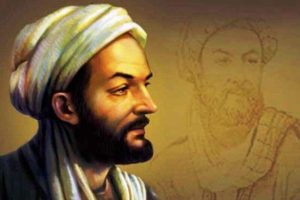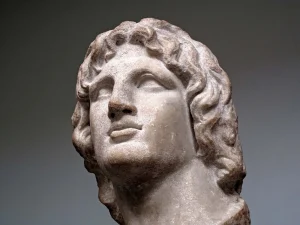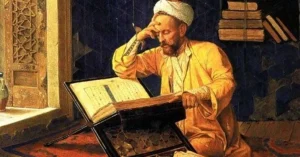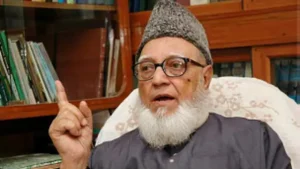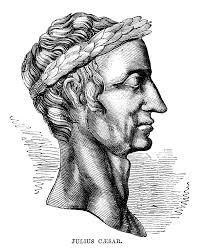
Julius Caesar
Conquest of Gaul (58–50 BCE)
Caesar’s military campaigns in Gaul were one of his most significant achievements. Over a period of eight years, he expanded Roman territory into what is now France, Belgium, and parts of Switzerland, defeating several powerful tribes.
Caesar’s first major victory in Gaul, where he defeated the Helvetii tribe.
Siege of Alesia (52 BCE): One of his most famous military victories, where he defeated the Gallic leader Vercingetorix, securing Roman dominance over Gaul.
Expansion of Roman Influence: By the time he returned to Rome in 50 BCE, Caesar had substantially expanded the Roman Empire, adding vast new territories to its domain.
His Commentarii de Bello Gallico (Commentaries on the Gallic War) were written during this time, providing a detailed account of his campaigns and bolstering his political image.
Crossing the Rubicon and the Civil War (49 BCE): In 49 BCE, Caesar’s relationship with Pompey began to deteriorate. The Senate, led by Pompey, demanded that Caesar disband his army and return to Rome as a private citizen. Instead, Caesar famously crossed the Rubicon River with his army, an act of defiance that signaled the beginning of a civil war.
Read more >>>
“The die is cast”: Caesar’s famous phrase, marking the point of no return, led him to a direct conflict with Pompey and the Senate.
The civil war that followed saw Caesar’s forces ultimately victorious. Pompey fled to Egypt, where he was assassinated, leaving Caesar in control of Rome.
Dictatorship and Reforms
After his victory in the civil war, Caesar returned to Rome in 46 BCE and was appointed dictator for life in 44 BCE. During his time in power, he instituted several reforms aimed at improving the functioning of Rome.
Julian Calendar (45 BCE): One of his most lasting reforms was the introduction of the Julian calendar, which standardized the year and was used throughout Europe until the Gregorian calendar was introduced in the 16th century.
Social and Economic Reforms: Caesar enacted laws that redistributed land to his veterans and reformed the Senate to ensure his control over it. He also extended Roman citizenship to many in the provinces, fostering loyalty.
Building Projects: Caesar was also responsible for grand construction projects, including the building of the Forum of Julius Caesar and the Basilica Julia, showcasing his power and vision for Rome.
Assassination and Legacy: Despite his achievements, Caesar’s growing power and reforms alarmed many in Rome, including members of the Senate who feared he was becoming a tyrant. On March 15, 44 BCE, known as the Ides of March, a group of senators led by Brutus and Cassius assassinated Julius Caesar during a Senate meeting.
Caesar’s death plunged Rome into further civil war, but his legacy lived on. His adopted heir, Octavian (Augustus), would eventually become the first Roman Emperor, marking the end of the Roman Republic and the rise of the Roman Empire.
Caesar’s Achievements
Military Conquests: His campaigns in Gaul vastly expanded Roman territory, influencing the course of European history.
Political Reforms: Caesar’s reforms helped stabilize Rome, but also centralized power in his hands, which set the stage for the fall of the Roman Republic.
Cultural Impact: Caesar’s influence is still felt in the modern world, from his calendar reforms to the way history remembers him as both a conqueror and a statesman.
Julius Caesar at a Glance
Full Name: Gaius Julius Caesar
Born: July 12 or 13, 100 BCE
Died: March 15, 44 BCE (assassinated)
Occupation: Military General, Politician, Dictator
Known For: Conquests in Gaul, role in the end of the Roman Republic, and pivotal role in the rise of the Roman Empire
Early Life and Rise to Power
Caesar is best known for his military campaigns, most notably the Gallic Wars (58–50 BCE), where he expanded Roman territory in what is now France and Belgium. His conquest of Gaul is one of his most significant accomplishments.
His famous phrase “Veni, Vidi, Vici” (“I came, I saw, I conquered”) epitomized his swift and decisive military victories.
His military success gained him immense popularity and power, creating tension with the Roman Senate, particularly with Pompey, who became his rival.
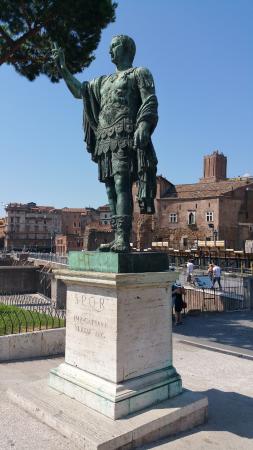
Military Achievements
Caesar is best known for his military campaigns, most notably the Gallic Wars (58–50 BCE), where he expanded Roman territory in what is now France and Belgium. His conquest of Gaul is one of his most significant accomplishments.
His famous phrase “Veni, Vidi, Vici” (“I came, I saw, I conquered”) epitomized his swift and decisive military victories.
His military success gained him immense popularity and power, creating tension with the Roman Senate, particularly with Pompey, who became his rival.

